Free Online Pharmacology Courses and Certifications 2026
Pharmacology is a branch of health and medicine that focuses on the study of drugs and their effects on the body. It is a complex and ever-evolving field of study, where those interested in learning more can find a wealth of online courses available. From understanding the basics of drug action to exploring the latest advances in drug development, these courses provide a comprehensive overview of the subject. With the right knowledge, pharmacology can be a powerful tool for improving health and well-being.
Popular Courses

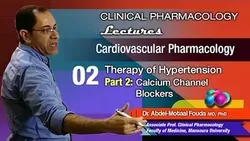
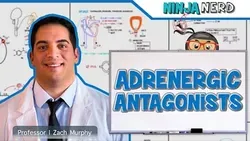
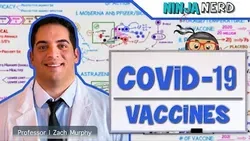
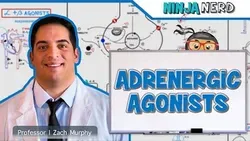
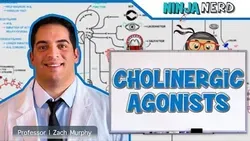
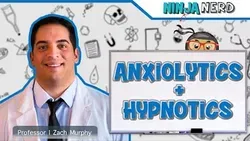


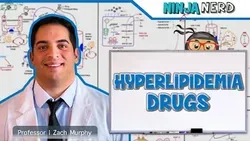

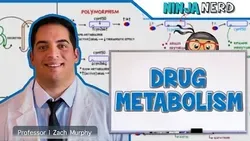
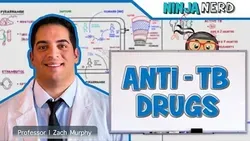

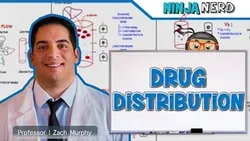
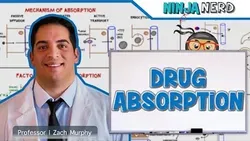
Pharmacology Courses
Career Prospects | Average Salary | Position Overview |
| Scientist | $102,633 per year | A scientist is an individual who systematically collects and employs research and evidence to create hypotheses, test them, and gain and share understanding and knowledge. Scientists may specialize in specific approaches, such as using statistics (statisticians) or data (data scientists). |
| Senior Director | $192,182 per year | A Senior Director is responsible for mentoring and managing other leaders within an organization. They often oversee Senior Managers or Directors and report to higher-level executives. Their main duties include setting strategic goals, ensuring projects are on track and within budget, and leading teams to successful outcomes. |
| Senior Research Associate | $102,110per year | As a Senior Research Associate, your main responsibilities may include preparing proposals for funding agencies, operating research equipment, supervising graduate students and other lab/field personnel, and conducting and coordinating experiments in support of various research projects. Other duties may also be involved, such as designing and planning experiments. |
| Associate Director | $148,786 per year | The Associate Director is a key member of the Director's advisory committee, responsible for providing leadership and vision in developing policies and procedures to ensure the delivery of effective and comprehensive career services. |
| Director of Preclinical Pharmacology | $141,952 per year | As a Director of Preclinical Pharmacology, responsibilities may include implementing, evaluating, and maintaining quality control standards to ensure program success. Additionally, you would be responsible for establishing, overseeing, and managing the financials and schedule for large programs and/or multiple projects. |
Educational Paths
1. Bachelor's degree in Pharmacology: This is a four-year undergraduate degree that provides a foundation in pharmacology and related subjects such as biochemistry and physiology.
2. Master's degree in Pharmacology: A master's degree in pharmacology is a two-year program that focuses on the study of drugs and their effects on living organisms.
3. Doctor of Pharmacy (PharmD) degree: This is a professional degree that prepares students to become licensed pharmacists. The program typically takes four years to complete.
4. PhD in Pharmacology: This is a research-focused program that typically takes 4-5 years to complete. It focuses on the development of new drugs and therapies, as well as the study of how drugs interact with biological systems.
5. Certificate programs: Various certificate programs are available that provide specialized training in pharmacology, such as clinical pharmacology, toxicology, and pharmacogenomics.
6. Online courses: Many universities offer online courses in pharmacology that can be taken individually or as part of a degree program.
Frequently Asked Questions and Answers
Q1: What is the study of pharmacology?
Pharmacology involves the examination of how drugs impact a biological system and how the body reacts to these drugs. The field encompasses the origins, chemical characteristics, biological consequences, and medicinal applications of drugs. The outcomes of drug administration can either be beneficial for treatment or harmful, contingent upon various factors.
Q2: What is the difference between a pharmacologist and a pharmacist?
Put simply, pharmacists study all aspects of the preparation and use of medicines, while pharmacologists study the effect of medicines on the body.
Q3: What Pharmacology courses can I find on OeClass?
On this page, we have collected free or certified 77 Pharmacology online courses from various platforms. The list currently only displays up to 50 items. If you have other needs, please contact us.
Q4: Can I learn Pharmacology for free?
Yes, If you don’t know Pharmacology, we recommend that you try free online courses, some of which offer certification (please refer to the latest list on the webpage as the standard). Wish you a good online learning experience!